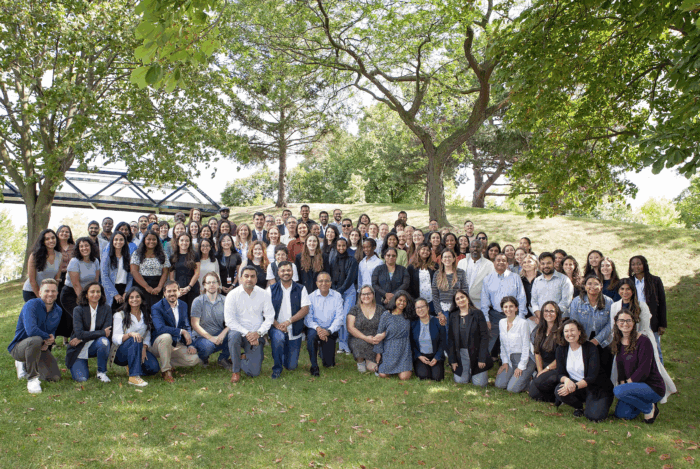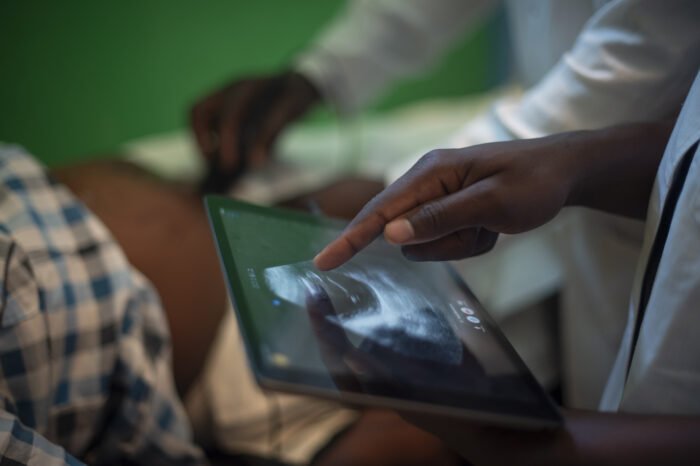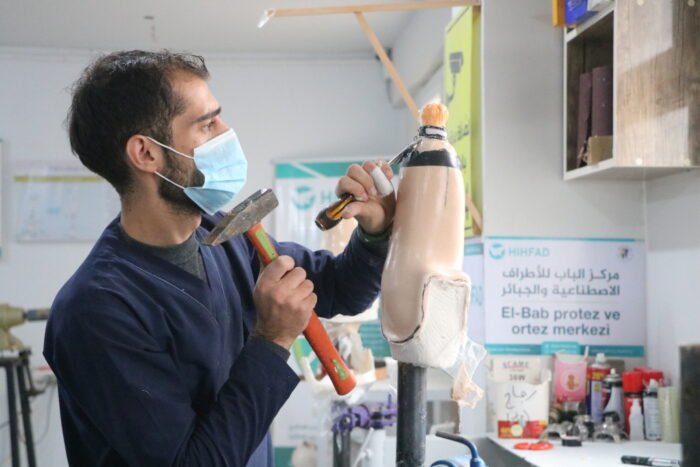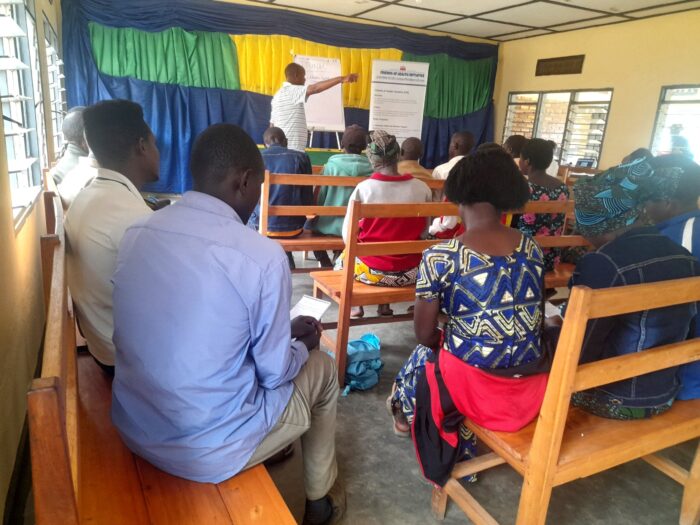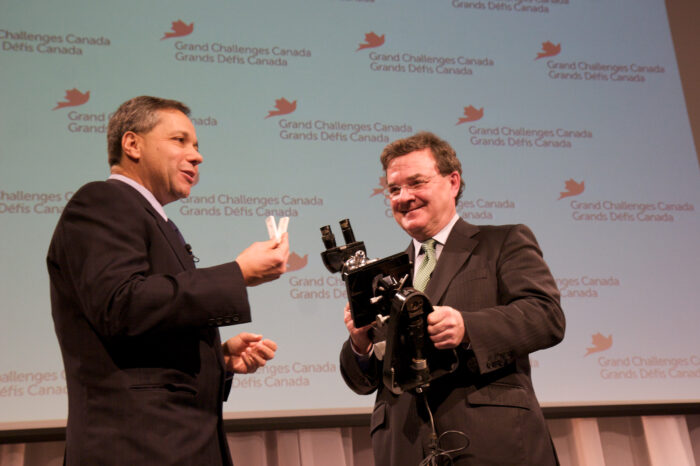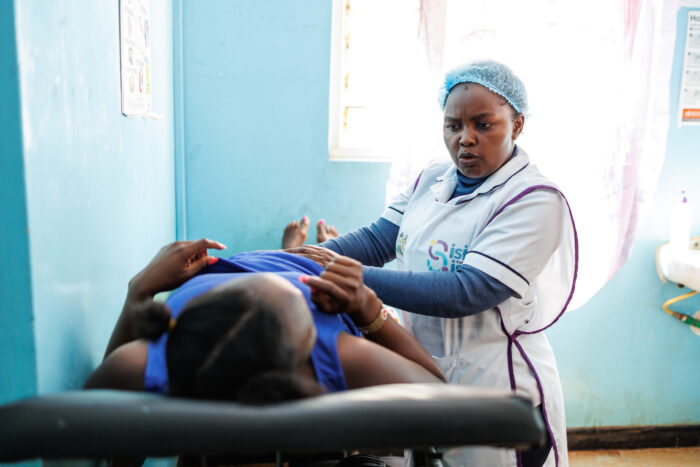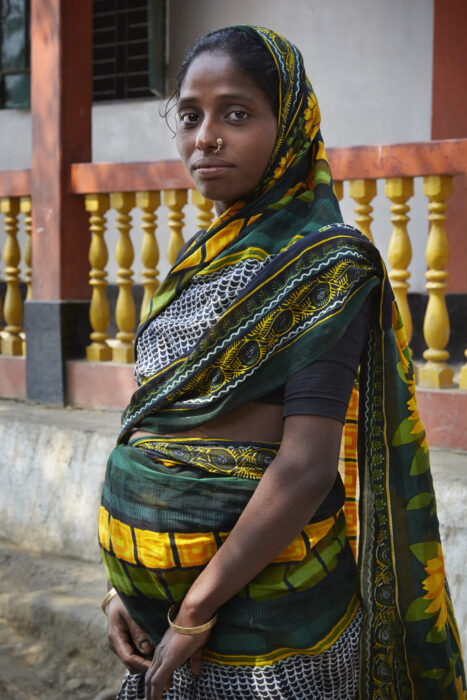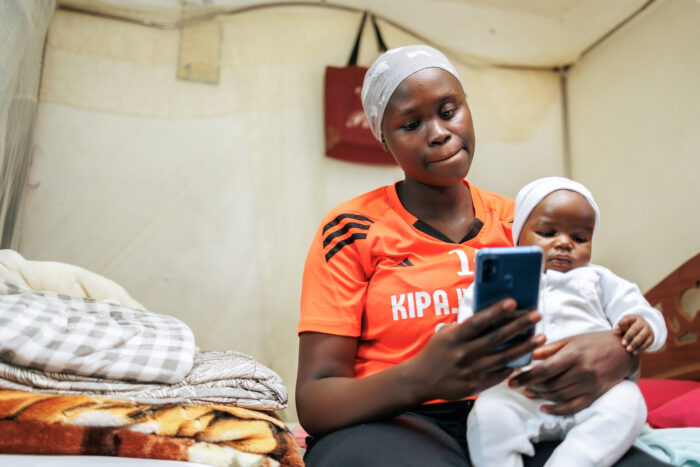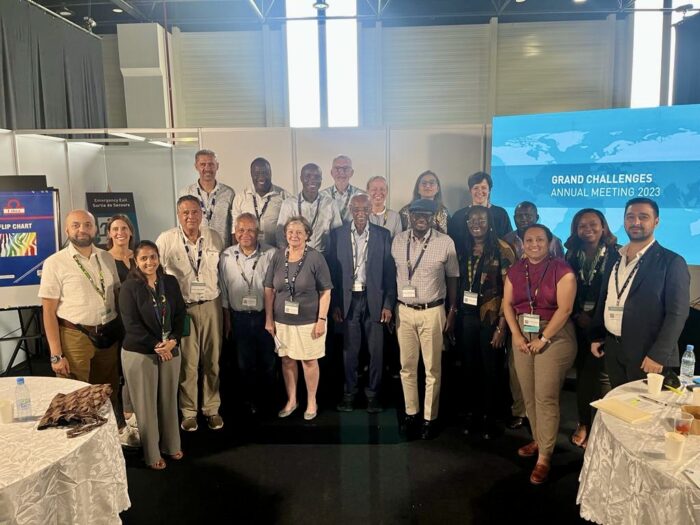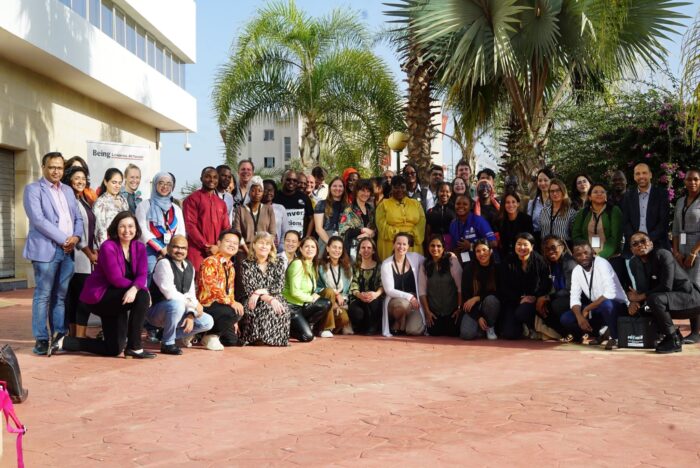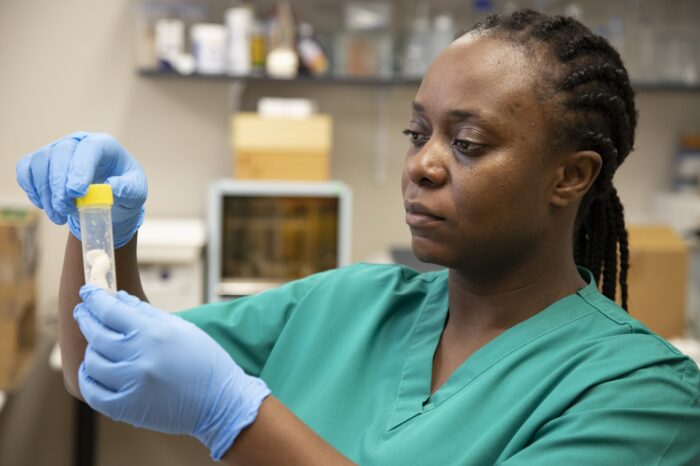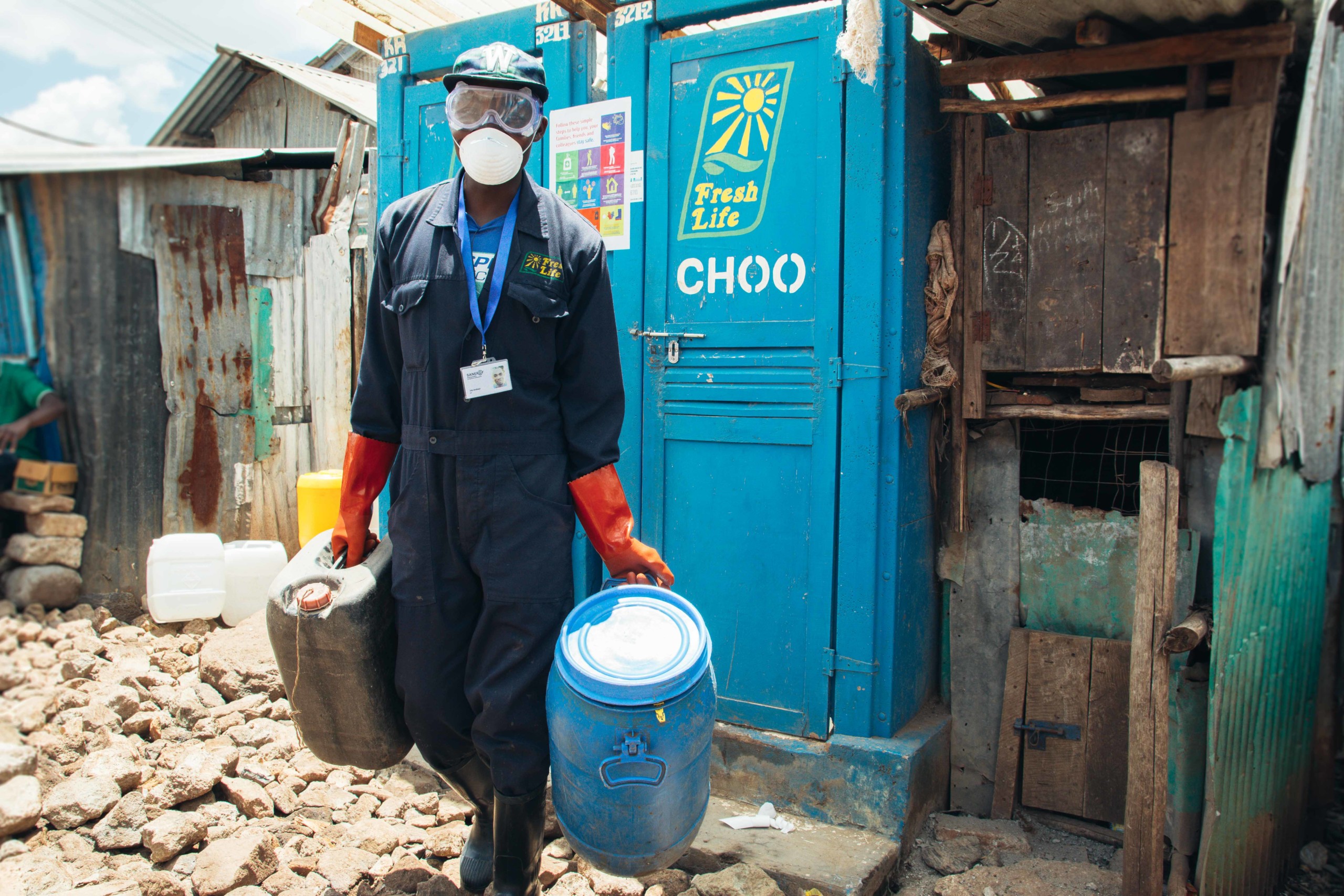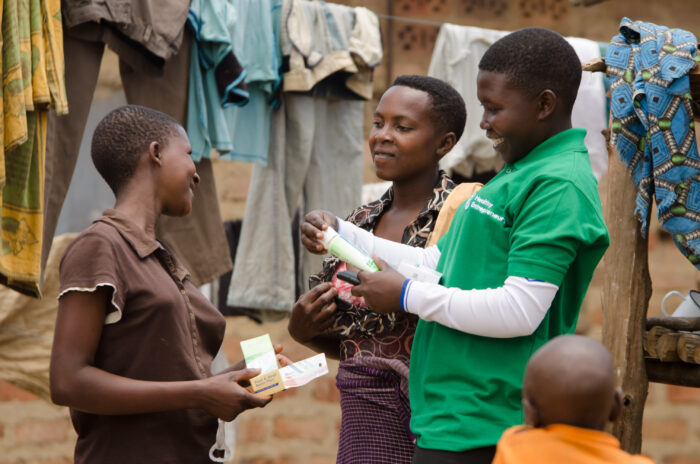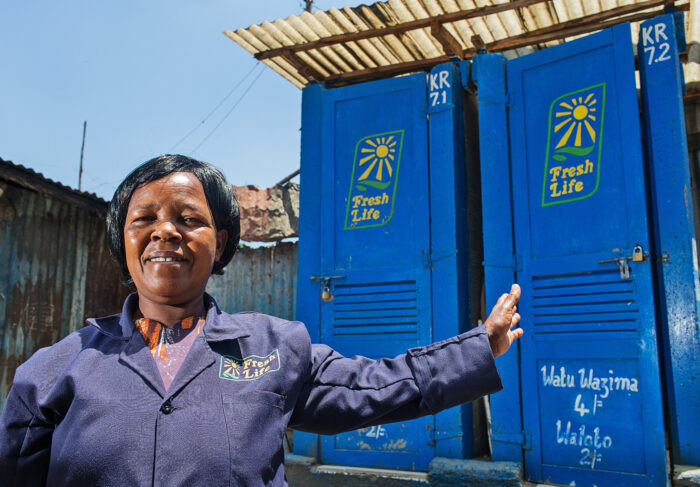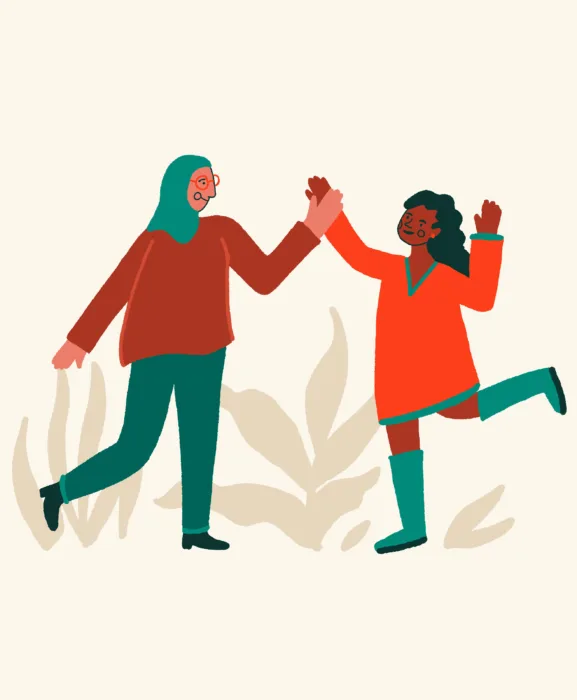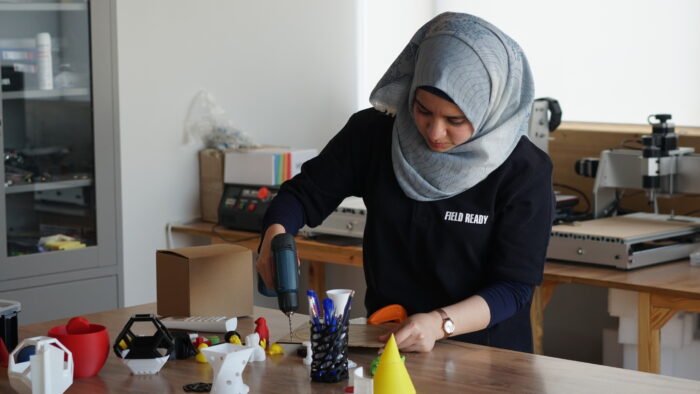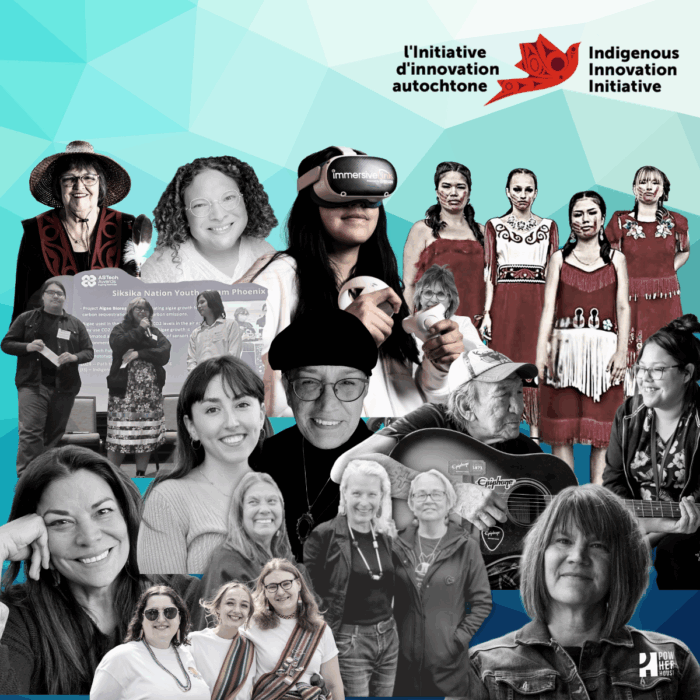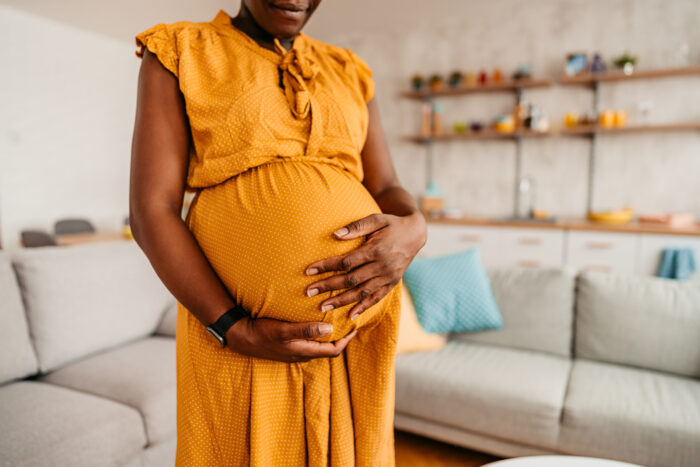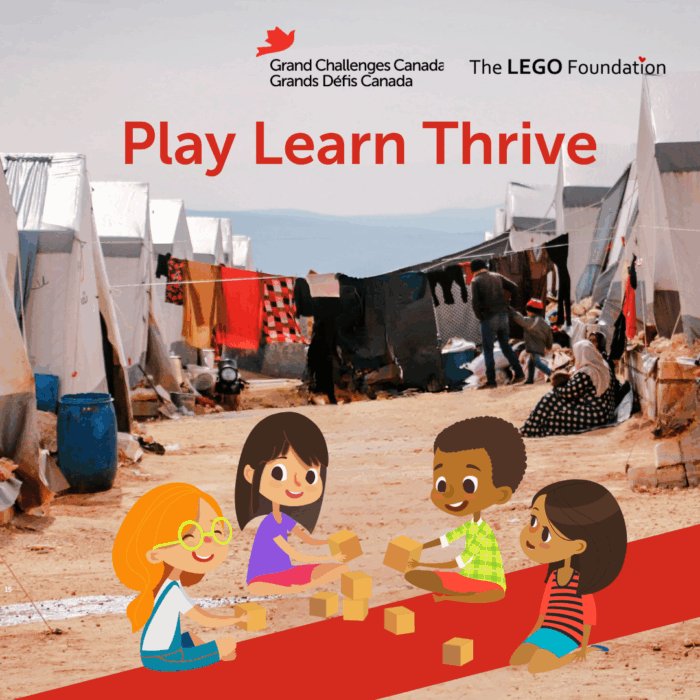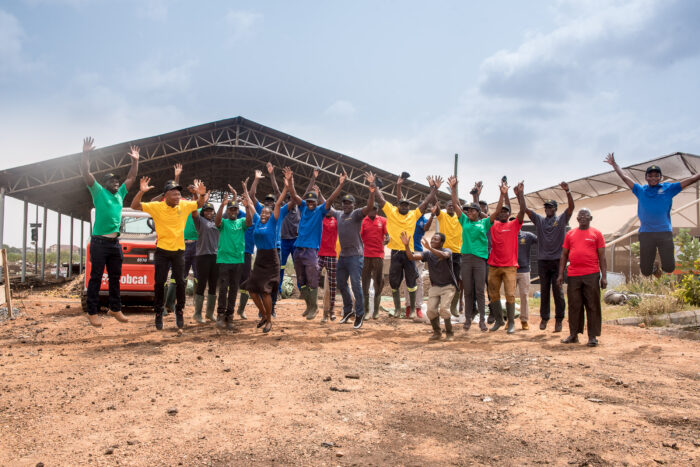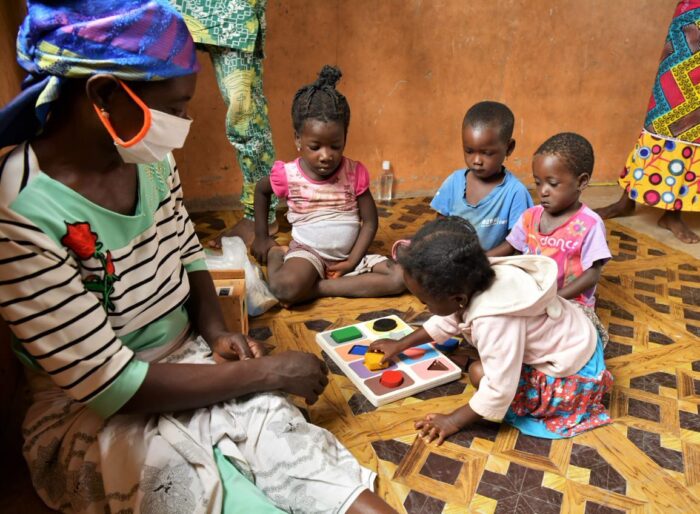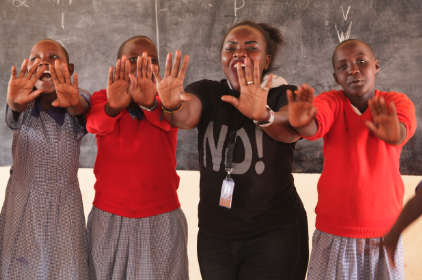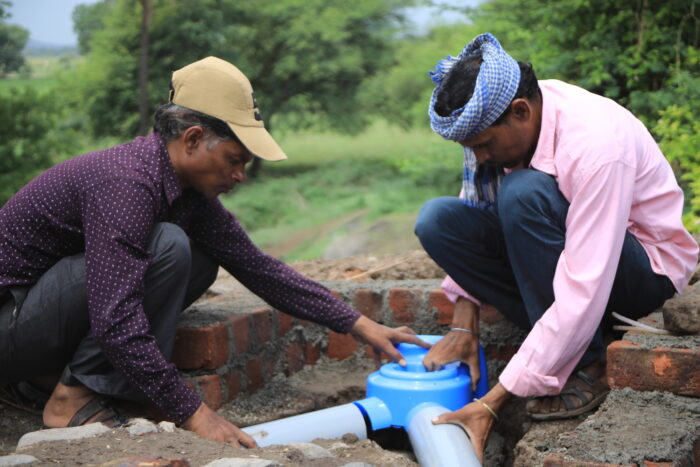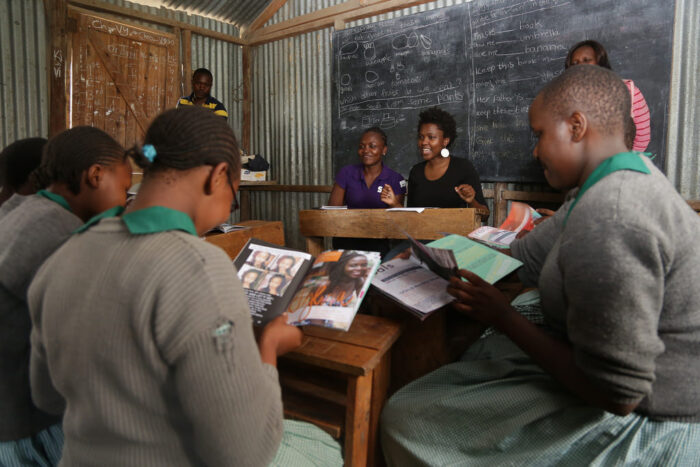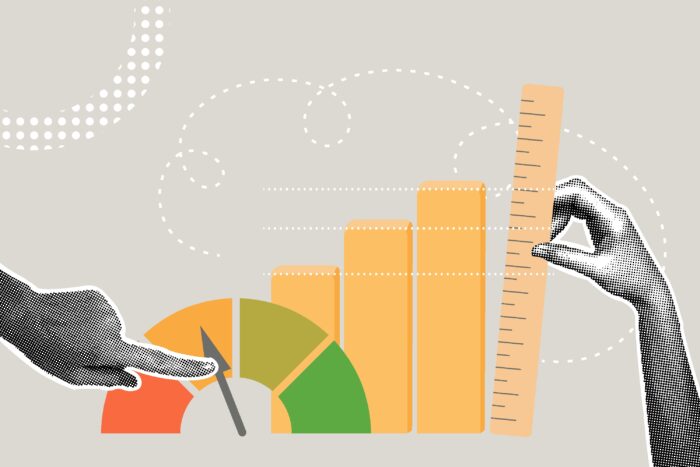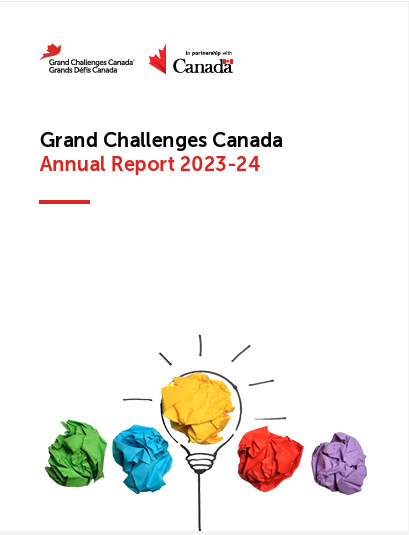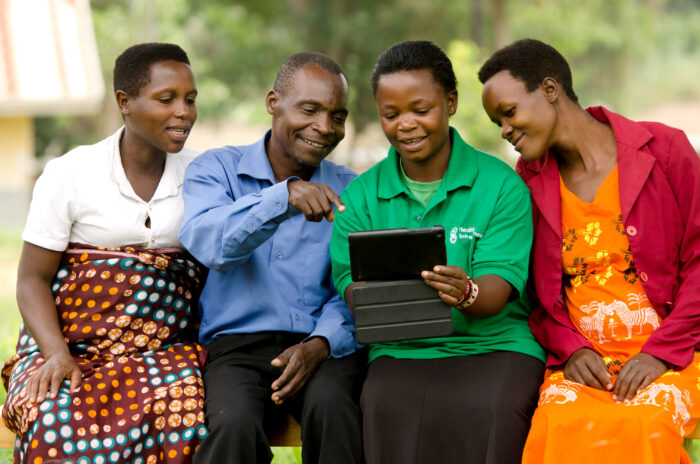“Imagine you’re an evil scientist and you’re looking to keep a poor country poor. You know the best way to do that? Block the potential of its women and girls.”
As we approach Women Deliver 2013, I can’t help but think about this thought experiment I’ve had pitched to me in the past. Although not by the design of an evil scientist, we do face a state of the world where women experience a disproportionate number of obstacles to living healthy, happy lives from the moment we’re born, through adulthood, and into old age.
In an effort to make progress towards better health outcomes for women living in the developing world, at Grand Challenges Canada we aim to tackle the barriers in women’s health through our three targeted challenges: Saving Lives at Birth, Saving Brains and Global Mental Health.
SAVING LIVES AT BIRTH
Despite the impressive gains we’ve made in improving maternal and newborn survival, we’ve still got a ways to go. As we know, the onset of labour marks the start of a high risk period for women, a period that does not ease until at least 48 hours after birth. In this seemingly short period of time over 150,000 women die. That’s more than 40% of all maternal deaths witnessed each year. Most often from preventable causes. Almost all experienced by those living in low-to-middle income countries.
To give women and girls all around the world the same chance at a healthy pregnancy and a healthy start, Grand Challenges Canada along with our partners at USAID, the Gates Foundation, DFID and the Government of Norway, launched the Saving Lives at Birth Grand Challenge. In this, we seek groundbreaking prevention and treatment approaches with the potential to leapfrog progress in saving and improving lives in pregnancy and childbirth.
With support of the Saving Lives at Birth Partnership, organizations like Jacaranda Health, led by Nick Pearson, are testing innovative service delivery models in Kenya that increase uptake of and satisfaction with postnatal care among low income women. With only 53% of Kenya women receiving postnatal care, this intervention has the potential to safeguard against a substantive proportion of maternal and newborn complications that can occur in the first 48 hours of life.
Knowing that the fight doesn’t end here, that we want girls to do more than survive, we want them to thrive, we’ve combined our attention on maternal and newborn survival with a major focus on improving child cognitive development in low-and-middle-income countries.
Next, we’ll focus on the Saving Brains Program, which aims to protect and nurture the developmental potential of children.
Attending Women Deliver? Continue the conversation with us at booth 172 in the Women Deliver Exhibition Hall or on Twitter @yeekristen #WD2013.
